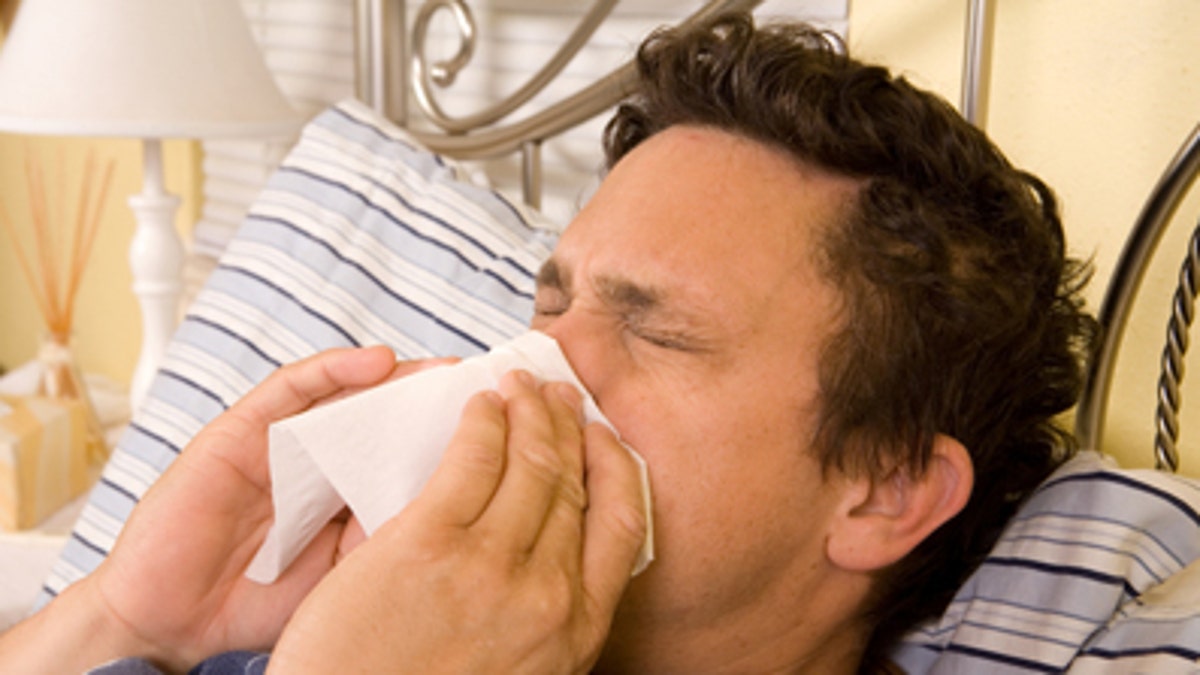
Researchers have identified a possible link between your level of anxiety, mood and depression likelihood with whether seasonal allergies are present and/or well controlled. So here's another good reason to have a simple, allergy-fighting plan in place this pollen season.
Let’s start with what we already know. If you have uncontrolled allergies, whether you are a child, adolescent or adult, it will affect the quality of your sleep, and can be associated with daytime drowsiness, reduced alertness and optimal learning in the classroom as well. Just remember the last time you had a cold. Ask yourself; did I sleep well or not, when my nasal and sinus passages were congested? Chances are, you awoke feeling tired the next morning. Same story for those who do not have controlled allergy symptoms, such as nasal congestion, that can be associated with poorer quality sleep and subsequent daytime drowsiness, etc.
It appears that having springtime allergies can have an impact on mood. We already know from some recent studies that having suboptimal control of allergy symptoms can be associated with a negative effect on your love life, probably secondary to feeling less amorous, due to allergy symptoms affecting your appearance, such as puffiness of eyelids, runny, drippy nose, etc, especially during the height of the allergy season.
A study published in the journal Psychosomatic Medicine, found those seasonal pollen sufferers with sensitivity to ragweed pollen, had experienced "significant fatigue and mood changes" in a number of patients studied.
Like in many cases, your best defense is a great offense, so be pro-active and work with an allergist to develop a simple “allergy action plan”, and follow some of these seasonal tips for effective control of your allergies.
• Stress less. Try yoga, meditation and daily exercise to get the endorphins (chemicals produced and responsible for an exercise induced feeling of wellbeing) going to promote a healthier lifestyle, and perhaps increase your chance of a better allergy control, when combined with appropriate OTC and prescription allergy care.
• Plan ahead, and follow the weather and pollen forecasts when you expect to spend time outdoors, particularly on sunny, warm and windy days, when pollen levels are highest. Go to www.aaaai.org/nab to find the daily pollen count in your area. Pollen counts are often lower by the beach or a body of water, such as a lake, river, etc.
• Wash wisely! That’s right use gentle eyelid irrigation and nasal saline sprays to wash and/or dilute pollens that have accumulated and cause itchy, red and watery eyes during the season. If you were outside during a high pollen day, consider shampooing your hair “nightly” and change our clothing before entering the bedroom to prevent “pollens” from being deposited onto your bedding. Hair gel and products can act like a “pollen magnet”, too.
Check out www.allergyandasthmarelief.org for more effective allergy tips to feel better, get happier and look your best during the allergy season!
